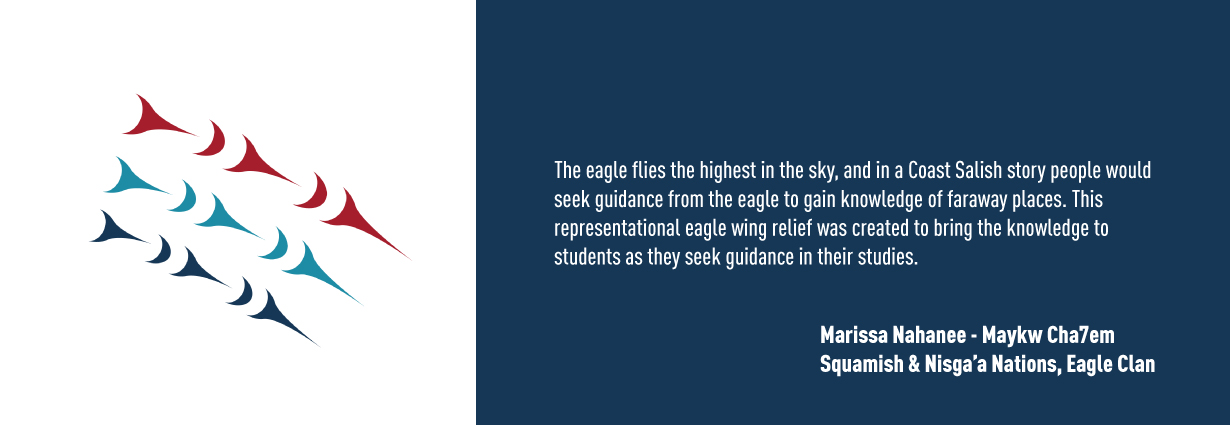
The resources shared here have been gathered by Megan Donahue (St'át'imc Nation) and blake danis (PhD candidate, Department of Biological Sciences), RAs for the Institute for the Study of Teaching and Learning in the Disciplines (ISTLD) Decolonizing and Indigenizing STEM at SFU project. During this project the ISTLD interviewed STEM faculty, conducted a literature review, and gathered resources to support faculty, instructors, TAs, and RAs who are working towards decolonizing and Indigenizing their teaching practice, and to develop a community of practice. For more information, please contact di-stem@sfu.ca
Bridging Cultures: Indigenous and Scientific Ways of Knowing Nature Glen Aikenhead & Herman Michell, Barren Lands Cree Nation
This book supports science teachers, teacher candidates, and science educators preparing to implement science curricula that recognize Indigenous knowledge as a foundational way to understand the physical world.
Decolonization Is for Everyone by Nikki Sanchez, Pipil/Maya and Irish/Scottish (YouTube, 13 minutes)
This history is not your fault, but it is absolutely your responsibility. “A history of colonization exists and persists all around us. Nikki discusses what colonization looks like and how it can be addressed through decolonization. An equitable and just future depends on the courage we show today. “Let’s make our grandchildren proud”.
Indigenous knowledge and science revisited Glen Aikenhead & Masakata Ogawa
"This article provides a guided tour through three diverse cultural ways of understanding nature: an Indigenous way (with a focus on Indigenous nations in North America), a neo-indigenous way (a concept proposed to recognize many Asian nations’ unique ways of knowing nature; in this case, Japan), and a Euro-American scientific way."
Knowing Home: Braiding Indigenous Science with Western Science, Book 1 and Book 2, edited by Gloria Snively and Wanosts'a7 Lorna Williams, Lil'wat
These books weave Indigenous perspectives, worldviews, and wisdom practices into the science curriculum. They provides a window into the scientific knowledge and technological innovations of the Indigenous peoples who live in Northwestern North America, thus providing numerous examples and cases for developing science lessons and curricula. Knowing Home shows how Indigenous perspectives can give insight and guidance as we attempt to solve the complex environmental problems of the 21st century.
Native Science Natural Laws of Interdependence Gregory Cajete, Tewa
"Gregory Cajete "tells the story" of Indigenous science as a way of understanding, experiencing, and feeling the natural world. He points to parallels and differences between the Indigenous science and Western science paradigms, with special emphasis on environmental/ecological studies. After discussing philosophical foundations, Cajete addresses such topics as history and myth, primal elements, social ecology, animals in myth and reality, plants and human health, and cosmology and astronomy. In the Indigenous view, we human observers are in no way separate from the world and its creatures and forces. Because all creatures and forces are related and thus bear responsibility to and for one another, all are co-creators." From Goodreads
Native Science: The Indigenous Mind Rising Gregory Cajete, Tewa (YouTube, 1:22:33)
”UNE Center for Global Humanities and its founding director, Anouar Majid, host Gregory Cajete on "Native Science: The Indigenous Mind Rising." This event was recorded on February 24, 2020.
Two-eyed seeing and other lessons learned within a co-learning journey of bringing together Indigenous and mainstream knowledges and ways of knowing. Cheryl Bartlett, Murdena Marshall, Mi'kmaq & Albert Marshall, Mi'kmaq
"This is a process article for weaving indigenous and mainstream knowledges within science educational curricula and other science arenas, assuming participants include recognized holders of traditional ecological knowledge (we prefer “Indigenous Knowledge” or “Traditional Knowledge”) and others with expertise in mainstream science. It is based on the “Integrative Science” undergraduate program created at Cape Breton University to bring together indigenous and mainstream sciences and ways of knowing, as well as related Integrative Science endeavors in science research, application, and outreach. A brief historical outline for that experiential journey is provided and eight “Lessons Learned” listed."
